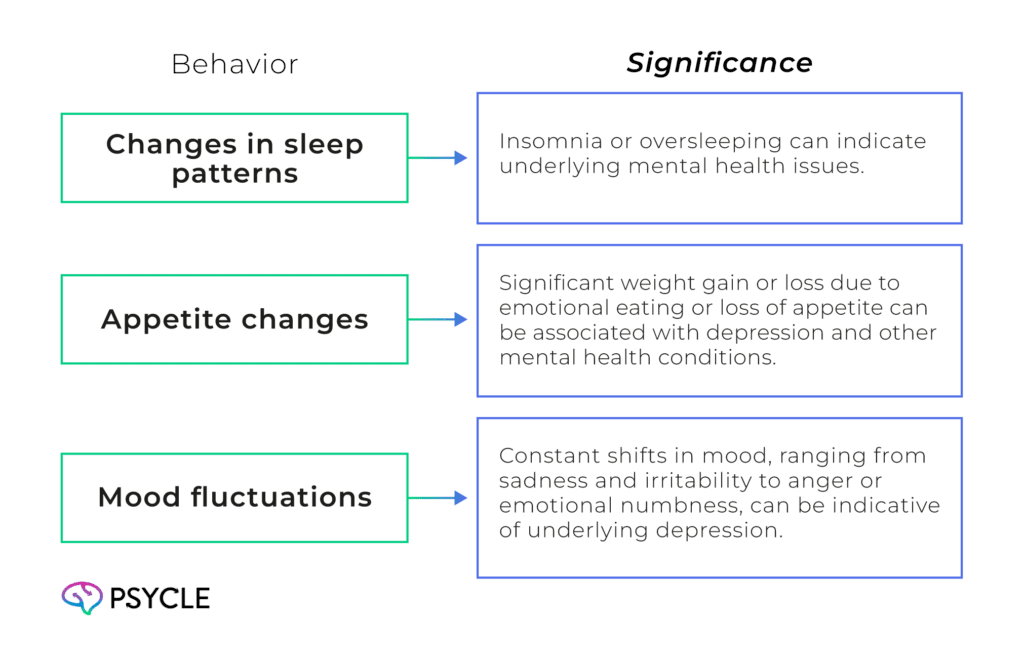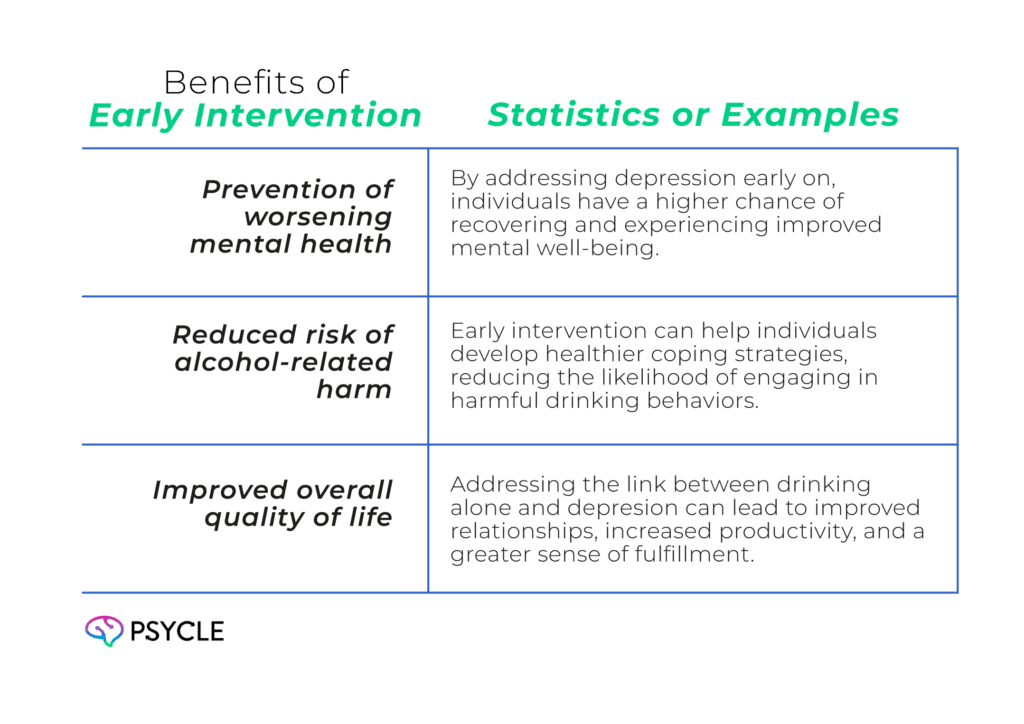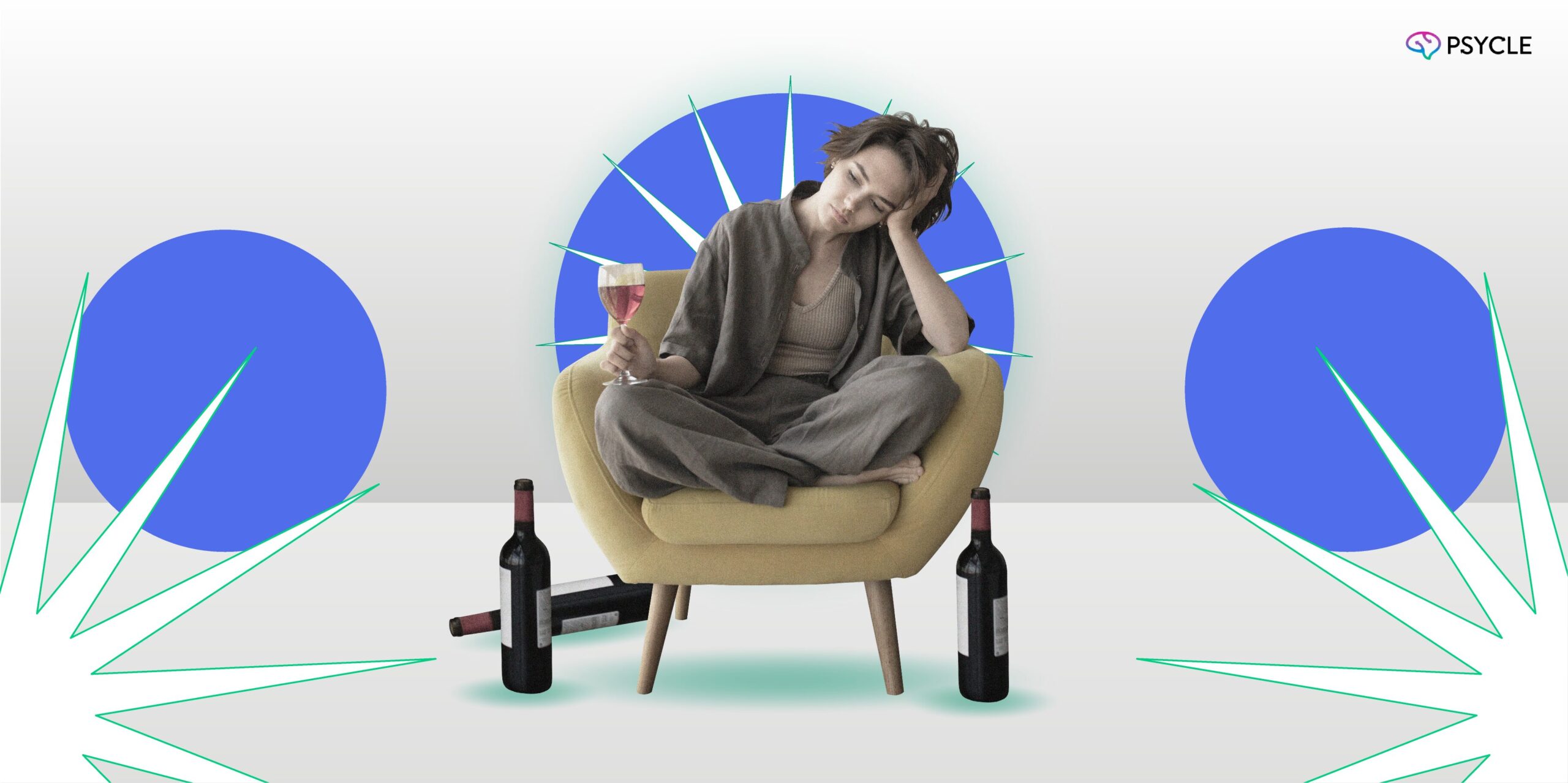Excessive alcohol consumption and alcohol use disorders are major public health concerns. Many individuals turn to alcohol as a coping mechanism for dealing with stressful experiences. Drinking alone, in particular, has been identified as a behavior that may indicate underlying emotional distress, such as depression.
This article explores the link between drinking alone and mental health, shedding light on the potential signs of depression that this behavior may signify. By understanding the relationship between drinking alone and depression, individuals can better recognize when it may be necessary to seek professional help for their mental well-being.
Key Takeaways
- Drinking alone can be a coping mechanism used to numb emotions or avoid social interactions.
- Research suggests that regular solitary drinking is associated with poor mental health.
- Frequently drinking alone may indicate underlying issues, such as depression.
- Lack of social support and isolation can contribute to drinking alone and worsen depressive feelings.
- Drinking alone is often accompanied by other depressive symptoms, such as changes in sleep, appetite, and mood.
The Relationship Between Drinking Alone and Mental Health
Research studies have shown a strong relationship between drinking alone and mental health. Regular solitary drinking, especially in excessive amounts, can indicate underlying emotional distress, such as depression. This raises concerns about the impact of drinking alone on mental well-being.
Solitary drinking often serves as a coping strategy to reduce stress and numb emotions. Stressful experiences in life can contribute to increased alcohol consumption, especially when individuals resort to drinking alone as a means of escape or avoidance.
In such cases, the act of drinking alone may be an attempt to self-medicate or find temporary relief from emotional pain.
It is important to note that using alcohol as a coping mechanism can be counterproductive and potentially exacerbate mental health issues. While some individuals may find temporary solace in drinking alone, it often perpetuates a cycle of poor mental health and excessive alcohol consumption.
Research has also indicated a correlation between drinking alone and depressive symptoms. The act of isolating oneself from drinking can intensify feelings of loneliness and worsen depressive feelings. Individuals who frequently drink alone may be more susceptible to experiencing depressive symptoms, indicating the presence of an underlying mental health condition.
Managing mental health concerns requires a comprehensive approach that considers both the emotional well-being and alcohol consumption habits of individuals. Addressing the relationship between drinking alone and mental health is essential for supporting overall mental well-being and reducing the risk of alcohol-related harm.
The Impact of Drinking Alone on Mental Health
When individuals engage in solitary drinking, they are at a higher risk of mental health issues such as:
- Depression
- Anxiety
- Low self-esteem
- Feelings of isolation and loneliness
- Suicidal tendencies
Furthermore, drinking alone can also lead to disruptions in sleep patterns, appetite changes, and fluctuations in mood. These behaviors are often indicators of underlying depression and should not be ignored.

Recognizing these signs and understanding the relationship between drinking alone and mental health is crucial for individuals to seek appropriate support and intervention.
Frequency of Solo Drinking
Frequent solo drinking may serve as an indicator of underlying emotional distressThe relationship between solo drinking frequency and depression is a topic of significant interest among mental health professionals. Understanding the patterns and reasons behind solo drinking behaviors can provide valuable insights into the underlying emotional states of individuals.
The Role of Stress as a Trigger for Solo Drinking
Psychosocial stressors, such as work pressure, relationship issues, or financial strain, can significantly impact an individual’s mental well-being. Many individuals turn to alcohol as a means of coping with these stressors.
Solo drinking, in particular, can provide a temporary escape from difficult emotions or situations, creating a sense of relief or distraction.
However, relying on alcohol as a coping mechanism can be problematic and may exacerbate underlying depressive symptoms. It is important to recognize that solo drinking may not address the root causes of emotional distress and can even contribute to a worsening mental health state.
Isolation and Lack of Social Support
Drinking alone can be a result of isolation and a lack of companionship or emotional support, which may exacerbate feelings of depression. Individuals who find themselves regularly drinking alone may be using alcohol as a way to cope with the overwhelming sense of loneliness and social disconnection they experience.
Isolation is a common risk factor for depression, as social connections and support play a significant role in maintaining mental well-being. When individuals lack a reliable support system, they may resort to drinking alone as a means of seeking temporary relief from their emotional distress.
The absence of social support further compounds the negative impact of drinking alone on mental health. Without the presence of friends, family, or other supportive individuals, there are limited opportunities for individuals to vent their emotions, share experiences, or receive empathetic guidance.
This lack of social connection can intensify their depressive feelings and contribute to a cycle of negative thoughts and behaviors.
It is crucial for individuals who feel isolated and find themselves turning to alcohol as a coping mechanism to seek out social support networks. Creating connections with others who may be experiencing similar challenges can provide a sense of belonging and understanding, offering a lifeline in times of emotional need.
Seeking Social Support
Building a support network can be an empowering step towards better mental health. Here are some strategies for seeking social support:
- Join support groups: Consider joining support groups or online communities that focus on addressing depression and alcohol-related issues. Sharing experiences and connecting with individuals who can relate to your struggles can provide valuable emotional support and guidance.
- Engage in social activities: Participate in social activities, clubs, or organizations that align with your interests. Engaging in shared hobbies or group events can help you meet like-minded individuals who share similar values, experiences, and challenges.
- Reach out to loved ones: Communicate your feelings to trusted friends and family members. Sharing your struggles with those closest to you can help foster understanding and strengthen your support system.
- Seek professional help: Consider seeking therapy or counseling from a mental health professional who specializes in depression and substance abuse. A trained therapist can offer guidance, tools, and coping strategies to address your isolation, depression, and the drinking habits associated with it.
Remember, reaching out for help is a sign of strength, and there are resources available to support you on your journey towards improved mental well-being.
Seeking Professional Help
If you or someone you know is struggling with depression and frequently drinking alone, it is crucial to seek the support of a licensed mental health professional. Drinking alone can be a sign of underlying emotional distress, and it is important to address these issues for mental well-being and overall quality of life.
A mental health professional can provide the necessary support and guidance to help you navigate through your feelings and develop healthier coping mechanisms. They can assess your symptoms, determine the severity of your depression, and tailor a treatment plan based on your specific needs.
Remember, seeking professional help is not a sign of weakness, but a brave step towards healing and recovery. By reaching out to a qualified professional, you are taking control of your mental health and giving yourself the opportunity to improve and thrive.
Why Seek Professional Help?
Professional help is essential for several reasons:
- Expertise: Mental health professionals have the knowledge and expertise to assess and diagnose depression accurately. They can provide evidence-based treatments and therapeutic interventions tailored to your unique circumstances.
- Safe Space: Talking to a professional creates a safe and non-judgmental environment where you can express your thoughts and emotions freely. They can help you gain new insights, challenge negative thought patterns, and guide you towards positive changes.
- Medication Management: In some cases, medication may be prescribed to manage depression. A mental health professional can evaluate if medication is necessary, monitor its effectiveness, and make any necessary adjustments to your treatment plan.
- Support Network: Engaging with a mental health professional provides you with a valuable support network. They can connect you with additional resources, such as support groups or community organizations, that may enhance your healing process.
Remember, seeking professional help is a proactive step towards better mental health. You don’t have to face depression alone, and there are compassionate professionals ready to guide you on your journey towards healing.
Available Interventions
Tailored interventions are available to address the link between drinking alone and depression. These interventions aim to provide individuals with the necessary support and strategies to overcome their struggles and improve their mental well-being. Seeking help from a qualified professional is crucial in determining the most appropriate intervention for specific needs and circumstances.
Therapy
Therapy is a common intervention for individuals struggling with depression and drinking alone. Licensed therapists or counselors can offer a safe and confidential space to explore underlying emotional distress, develop healthier coping mechanisms, and work towards recovery.
Different types of therapy, such as cognitive behavioral therapy (CBT) or dialectical behavior therapy (DBT), may be used based on individual needs and preferences.
Support Groups
Joining support groups specific to depression and alcohol use can provide individuals with a sense of community and understanding.
These groups allow individuals to share their experiences, receive support from others who have faced similar challenges, and learn from each other’s journey towards recovery. Support groups can be both in-person and online, ensuring accessibility and convenience.
Behavioral Interventions
Behavioral interventions focus on developing healthier coping strategies and modifying behaviors that contribute to both depression and drinking alone.
These interventions may include setting goals, creating structured routines, and implementing strategies to reduce alcohol consumption and manage emotional distress effectively. Behavioral interventions are often carried out by qualified professionals who specialize in addiction and mental health.
Importance of Early Intervention
Early intervention plays a crucial role in addressing the link between drinking alone and depression. By identifying high-risk individuals at an early stage of alcohol consumption, we can prevent further progression and reduce the individual and societal burden of excessive alcohol use.
It is essential to intervene before adverse somatic and mental consequences occur.
Individuals who engage in regular solitary drinking are more likely to experience depressive symptoms. By recognizing and addressing the early signs of depression, we can provide the necessary support and guidance to help individuals cope with their emotions in healthier ways.
Early intervention not only benefits the individual but also has a positive impact on the community as a whole. By addressing the underlying issues and promoting healthier coping mechanisms, we can reduce the risk of alcohol-related harm and improve mental well-being.

By recognizing the importance of early intervention and seeking professional help, individuals can take proactive steps towards improving their mental health and overall well-being. If you or someone you know is regularly drinking alone and experiencing symptoms of depression, do not hesitate to reach out to a qualified mental health professional.
Conclusion
Recognizing the link between drinking alone and depression is crucial in promoting mental well-being. By addressing the underlying issues and developing healthier coping mechanisms, individuals can take proactive steps towards improving their overall quality of life.
Remember, you don’t have to face this alone. Seeking professional help provides access to tailored interventions and support groups that can guide you in finding healthier ways to cope with your emotions and overcome the challenges associated with depression. Take the first step towards a brighter future by reaching out for the assistance you deserve.
FAQs
What Is the Relationship Between Drinking Alone and Mental Health?
Regular solitary drinking may indicate underlying emotional distress, such as depression. Studies have found that individuals who frequently drink alone are more likely to experience depressive symptoms. The motivation to consume alcohol following psychosocial stress is measured as a primary dependent variable.
How Often Is Solo Drinking Associated With Depression?
Studies have shown that individuals who frequently drink alone are more likely to experience depressive symptoms. The frequency of solo drinking can be an indicator of the severity of emotional distress.
Can Isolation and Lack of Social Support Worsen Depressive Feelings?
Yes, lack of social support while drinking alone may worsen depressive feelings. Drinking alone can be a result of isolation and a lack of companionship or emotional support. Individuals who drink alone may be using alcohol as a way to cope with feelings of loneliness and social disconnection.
When Should I Seek Professional Help for Drinking Alone and Depression?
If you or someone you know is regularly drinking alone and experiencing depressive symptoms, it is important to seek professional help. A mental health professional can provide the necessary support and guidance to address underlying issues and develop healthier coping mechanisms.
Why Is Early Intervention Important in Addressing Drinking Alone and Depression?
Early intervention is crucial in addressing the link between drinking alone and depression. Identifying high-risk individuals at an earlier stage of alcohol consumption can help prevent further progression and reduce the individual and societal burden of excessive alcohol use. It is important to intervene before adverse somatic and mental consequences occur.
Resources used
- https://bmcpsychology.biomedcentral.com/articles/10.1186/s40359-022-00942-1
- https://journals.plos.org/plosone/article?id=10.1371/journal.pone.0178142
- https://bmcmedicine.biomedcentral.com/articles/10.1186/1741-7015-12-91
- https://onlinelibrary.wiley.com/doi/abs/10.1111/j.1360-0443.2010.03351.x
- https://www.cmu.edu/dietrich/psychology/news/2021/creswell-aud.html
- https://www.webmd.com/depression/alcohol-and-depresssion

